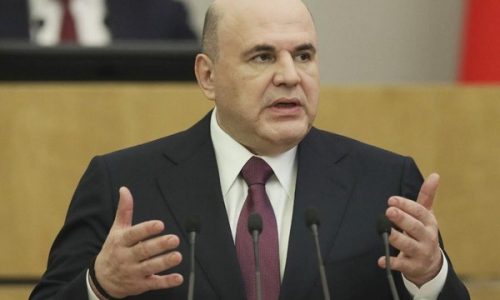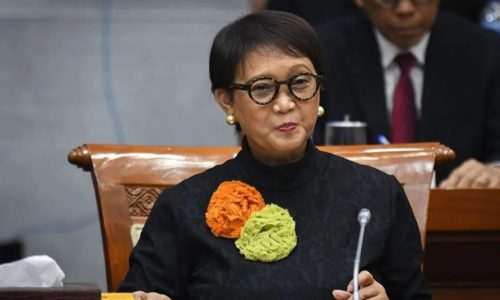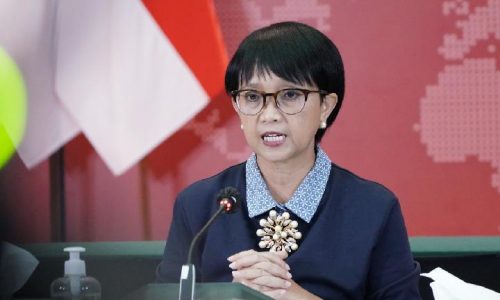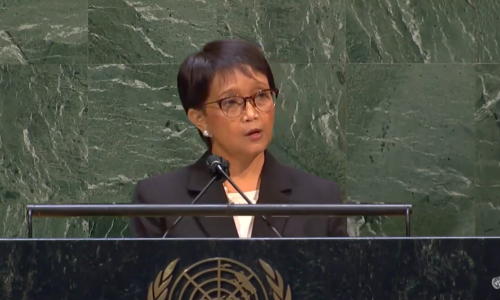The United States central bank, the Federal Reserve (Fed) raised its benchmark interest rate by 25 basis points (bps) to a range between 4.75 percent and 5 percent on Wednesday (22/3). The Fed has chosen to push through its campaign on increasing its interest rate in an attempt to bring inflation back to normal despite the stress in the banking industry following the collapse of two regional banks.
The leaders of The Fed also implied that the increase in its interest rate will eventually come to an end. Such signals are apparent from the projection of the peak interest rate policy of the Fed in 2023, which remains at the level of 5.25 percent.
Regarding this issue, Economist and Director of the Center of Reform on Economics (CORE), Piter Abdullah, said that Indonesia is relatively safe from the impact of the increase in the Fed benchmark interest rate.
“The Fed’s interest rate only has an impact on the financial market, not directly on the real sector. Meanwhile, Indonesia’s economic growth is driven by the real sector,” said Piter, quoted from Voi, Friday (24/3).
Therefore, Bank Indonesia (BI) is yet to respond by increasing its benchmark interest rate by 25 basis points (bps) or 0.25 percent as the Fed does.
This is because Indonesia is considered relatively resilient in dealing with the increase in the benchmark interest rate, with its interest rate above 5 percent.
Abudllah added that even though BI decided to increase its benchmark interest rate, it will not affect the Indonesian economy by much.
The Fed’s interest increase peaks soon, Economist says
In line with these statements, an economist from Bank Mandiri, Faisal Rachman, asserted that the Fed’s policy provides an opportunity for BI to maintain its benchmark interest rate at a level of 5.75 percent until the end of 2023.
With the Fed signaling that it will not change its terminal rate in 2023, this means that the Fed’s interest rate will approach its peak, Faisal added.
The reason why BI choose not to follow the Fed in raising interest rates is also based on Indonesia’s domestic economic conditions, which are also favorable.
Until February 2023, Indonesia’s trade balance remained in surplus by US$5.48 billion. Foreign reserves also increased to US$140.3 billion.
Inflation is also showing a downward trend, decreasing from 5.95 percent YoY in September 2022 to around 5.47 percent in February 2023.
These conditions have successfully stabilized the Rupiah exchange rate and consequently enabled the economy to hold inflation at bay, especially from the perspective of imported inflation.
Previously, BI Governor, Perry Warjiyo explained that global economic condition is one of BI’s considerations in determining the direction of monetary policy, including the benchmark interest rate.
However, Warjiyo emphasized that external factors are not the main considerations for BI in deciding policies. There are more essential conditions, such as the domestic condition.
With the current benchmark rate of 5.75 percent, BI also believes that it can control inflation related to food prices as they target the consumer price index (CPI) inflation to be below 4 percent annually by September 2023.









